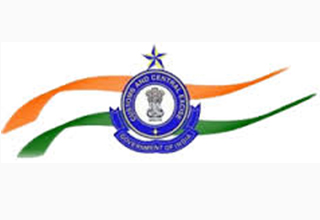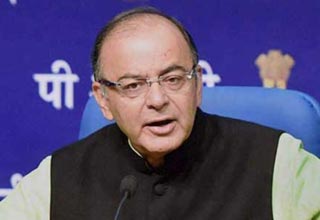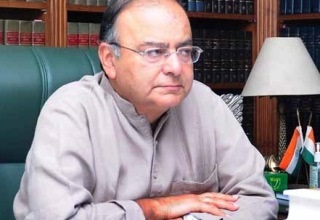Treat loans for exporters as priority sector lending: RBI
Updated: May 07, 2013 01:15:55pm

“The global trade environment may not improve in the immediate period. There is, therefore, an urgent need to boost India’s exports so that the trade deficit is narrowed down, and CAD stays within the projected cap,” the RBI said.
The RBI appointed technical committee on services and facilities for exporters, headed by executive director of RBI G Padmanabhan had been asked to look into ways of improving financial support from alternative sources.
Considering that the central bank’s comfort level for CAD is 2.5 per cent of gross domestic product (GDP), the gap touched a record high of 6.7 per cent in the December quarter of 2012-13, while exports declined 1.8 per cent to USD 300.6 billion during the year. This contributed to making the trade deficit touch an all-time high of USD 190.9 bn.
The panel has proposed that export credit be re-included under priority sector lending for all commercial banks, for three to five years, subject to periodic review. RBI recently excluded export credit from priority sector status, after the Nair committee recommendation on review of priority sector lending. It also favoured a sub-target of eight per cent of aggregate net bank credit (within the overall priority sector target of 40 per cent) for exports.
With regard to the MSME sector, the committee has recommended a cap on interest margins charged by banks lending to exporters. According to reports banks have been charging SMEs rates that are LIBOR (London Interbank Offered Rate) plus 500 bps.
Further, to protect Small and Medium Enterprises (SMEs) from the vagaries of payments from large corporations, the committee has recommended that receivables of SMEs be securitised.
“The SMEs could reduce their investment in working capital and thus their need for finance, significantly. The balance sheet clean up would improve the credit worthiness of the average SME, qualifying the company for more bank loans as well,” the committee recommended.
The committee has also called for a review of the Gold Card Scheme for extension of export credit to exporters and raising of foreign currency loans on a pooled basis for extension of export credit.
In view of the need to widen the scope of the interest subvention to ensure a larger exporter segment derive benefit, the committee recommends “inclusion of additional sectors, such as electronics and all engineering goods, especially the automotive sector and all exports originating from domestic tariff area units to Special Economic Zones.”
Just as Singapore and Sri Lanka do, differential tax rates could be offered to promote exports, according to the committee.
It has also asked for early introduction of a goods and services tax to make the structures more streamlined for exporters, who incur numerous levies such as valued added tax, purchase tax, turnover tax, octroi and electricity duty, making export pricing uncompetitive.
Further, the committee recommended continuation of the export credit refinance policy for three years as it would provide certainty in availability of funds to banks for managing their asset/liability positions and also build confidence among exporters.
Also, a nodal agency could be set up to borrow in foreign currency from abroad on a pool basis and then lend to companies in India at competitive rates.
“Borrowing on a pool basis will increase the bargaining power of this nodal agency with overseas lenders, thereby ensuring a cost-effective solution to exporters for technological innovation/upgrades/capacity expansion,” it said. Exim Bank in its opinion could be made the nodal agency. (KNN)










